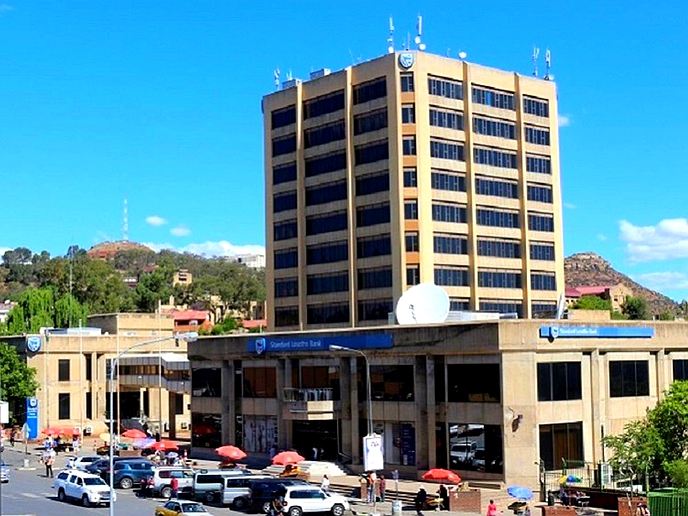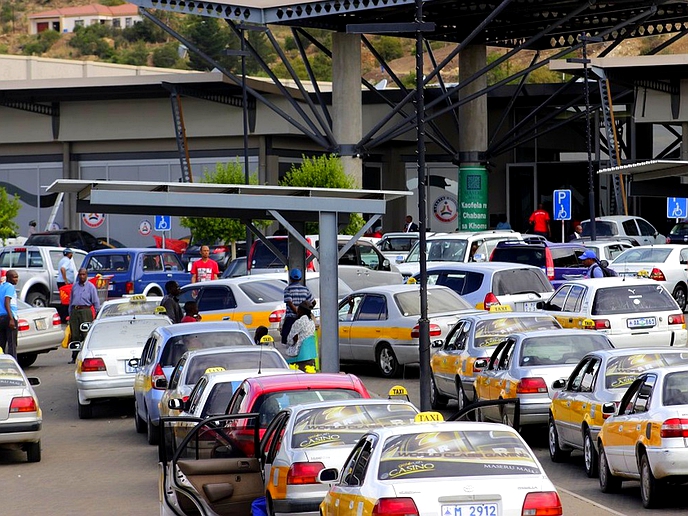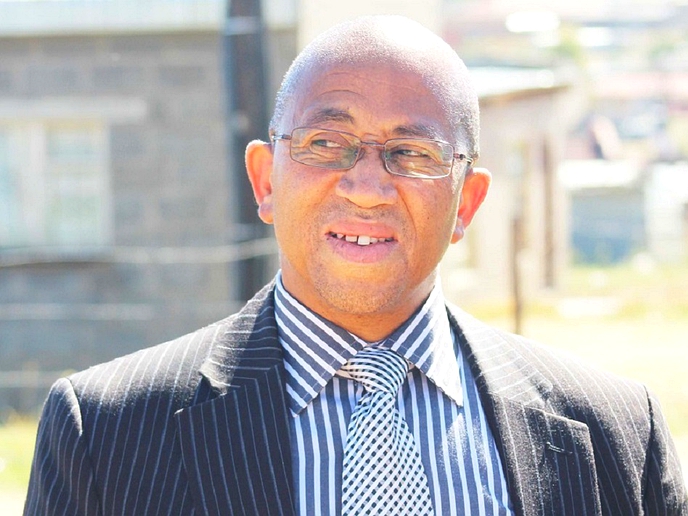ONE of the 38 winners in the 2021 Blog4Dev in the World Bank Africa annual writing contest, Lesotho blogger, Paballo Sekoto says the country depends upsettingly on money from outside sources.
business
June 21, 2022
KABELO MASOABI
3 min read
Lesotho relies heavily on remittances – says Sekoto

2021 Blog4Dev winner, Paballo Sekoto
Story highlights
Weighing in on a topic critical to the country’s economic development, she said Lesotho households depended on remittances, which formed more than 23 percent of the country’s Gross Domestic Product in 2020 for a country classified as a lower-middle-income.
Ms Sekoto won a Blog4Dev writing competition to which contestants responded to the question: “How can young people work with their governments and civil society organisations to respond to the impact of COVID-19 and build a stronger post-pandemic economic and social system?”
The 28-year old chartered accountant, proposal writer and fundraiser at the Salesian Planning and Development Office in Johannesburg, South Africa, presented the Lesotho economy as dependent on agriculture, livestock, manufacturing, mining, with major inflows of workers’ remittances and receipts from the Southern African Customs Union (SACU).
In her lengthy article, Ms Sekoto identified areas of concern that hindered the growth of Lesotho’s economy and came up with a benchmark that would enable especially the agriculture sector to develop.
“Considering how COVID-19 (coronavirus) has taken its toll on our poor motherland and its people, Lesotho needs leadership, productive hands, and solidarity to combat economic effects,” she said.
“Young people, together with civil society and the government can reintroduce block farming in Lesotho, this time with climate-smart agriculture that will improve nutritional outcomes. Spirit of volunteerism needs to reign to rebuild the growing of food, strong value chain and market access means.”
She said the dignity of the country stemmed from its ability to feed its people, and so agriculture was the key to regaining nobility.
This is not a new concept, she said, adding that Lesotho embarked on block farming journey in the financial year 2005/6 in selected rural areas across the country where individual fields of farmers were merged into a large block to increase productivity.
The Oxford Brookes University graduate said research showed that the response from majority of the farmers in this scheme had been positive, with some farmers indicating the need for more to be included.
Enjoy our daily newsletter from today
Access exclusive newsletters, along with previews of new media releases.
“Additionally, the government needs to go an extra mile in making policies that support food security and start-ups run by young people, seeking investments and mobilising knowledge resources through partnerships with civil society and young unemployed people the country has in numbers,” Ms Sekoto said.
“Young people would gain knowledge and relevant skills to produce food, see a way to create businesses that enhance value chain and market access. Through this interaction, international organisations can even identify capable future leaders and provide relevant training as a way of investing in the better future and sustainable development.
On March 27, 2020, she said when President Cyril Ramaphosa of South Africa announced the lockdown, she thought of her beloved country, Lesotho that heavily depended on its neighbour for almost everything, from toilet paper to basic food and fuel.
“Closure of shops, restaurants, and borders meant no customs income for the beloved enclave,” Ms Sekoto said.
“No remittances for thousands of the households, and deferment or complete abandonment of small-scale farming because of lack of agricultural inputs.”
Landlocked inside South Africa, Lesotho’s largest income comes from SACU and water royalties from the South African government.
The country imports 85 percent of the goods it consumes from its big neighbour, including most agricultural inputs.
“Yet, about three-fourths of the people live in rural areas and engage in animal herding and subsistence agriculture”, Ms Sekoto said.
Tailored for you






